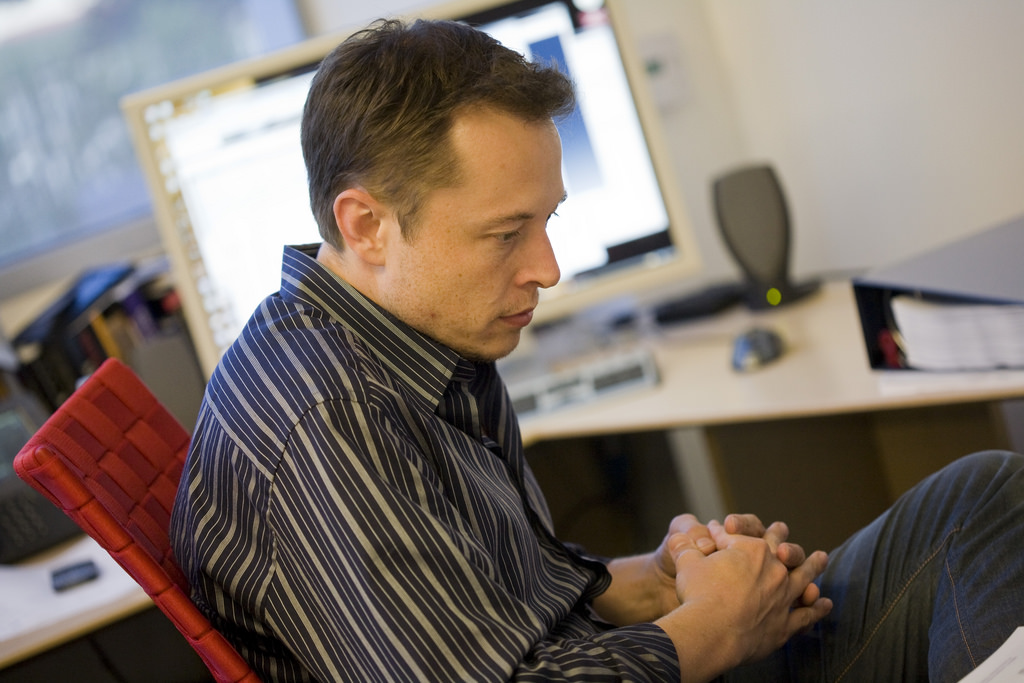 EMERGING TECH
EMERGING TECH
 EMERGING TECH
EMERGING TECH
 EMERGING TECH
EMERGING TECH
Tesla Inc. today filed a lawsuit against a former employee that alleges he hacked its systems and shared confidential information with others.
The lawsuit comes on the heels of Tesla Chief Executive Office Elon Musk alleging that an employee had sabotaged the company doing among other things, stealing data and sharing it.
The suit alleges that Martin Tripp, a former process technician at the company’s Gigafactory in Nevada, of unlawfully hacking confidential and trade secret information and transferring that information to third parties. In doing so, the suit alleges that Tripp placed “hacking software” on the computers of three individual employees to export confidential data.
Tripp is further accused of writing the hacking software that allowed the theft information on Tesla’s “Manufacturing Operating System,” including confidential photos and videos of the production line. The software was said to “periodically export Tesla’s data off its network and into the hands of third parties.”
“His hacking software was operating on three separate computer systems of other individuals at Tesla so that the data would be exported even after he left the company and so that those individuals would be falsely implicated as guilty parties,” the suit notes.
Moreover, the suit alleges, Tripp “made false claims to the media about the information he stole” including claiming that punctured battery cells had been used in certain Model 3 vehicles, vastly exaggerated the true amount and value of “scrap” material that Tesla generated during the manufacturing process and falsely claimed that Tesla was delayed in bringing new manufacturing equipment online.
The last section is of particular interest. While Musk (pictured) had accused an employee of sabotage in an email to employees, the suit alleges that Tripp was also leaking false information to the press as well as sharing internal information with an undisclosed third party.
Further confirming that Tripp was the employee that Musk mentioned in emails, the suit notes, in line with what Musk had previously stated, that Tripp had complained he had not been given a more senior role in the company, that is, per Musk’s original email “his stated motivation is that he wanted a promotion that he did not receive.”
What is lacking from the suit, given that logically Tesla must know, is which media outlets and third parties Tripp was providing information to. Musk previously conspiratorially suggested potential organizations that may wish to harm Tesla included Wall Street short-sellers, oil and gas companies and big gas and diesel car companies.
@lopezlinette Any comments on $TSLA's lawsuit against saboteur and media informant Martin Tripp? pic.twitter.com/M2ZOilEoyl
— Groggy T. Bear (@GroggyTBear) June 20, 2018
In one case, as pointed out by a user on Twitter (above), the false information was leaked to Bloomberg.
Neither Tesla nor Tripp has officially commented on the suit, which was first reported by CNBC.
Support our mission to keep content open and free by engaging with theCUBE community. Join theCUBE’s Alumni Trust Network, where technology leaders connect, share intelligence and create opportunities.
Founded by tech visionaries John Furrier and Dave Vellante, SiliconANGLE Media has built a dynamic ecosystem of industry-leading digital media brands that reach 15+ million elite tech professionals. Our new proprietary theCUBE AI Video Cloud is breaking ground in audience interaction, leveraging theCUBEai.com neural network to help technology companies make data-driven decisions and stay at the forefront of industry conversations.